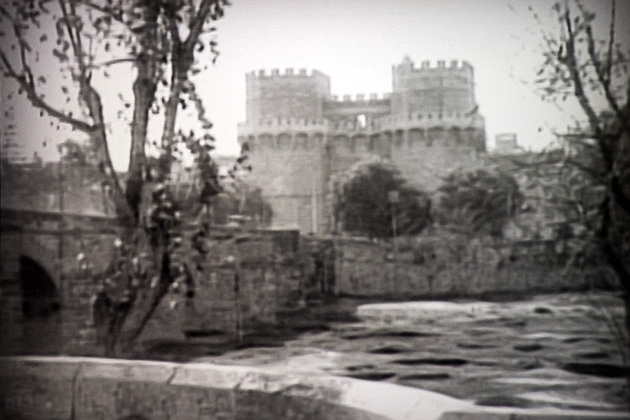A Concise History of Valencia
As one of the major cities of the Mediterranean, it’s no surprise that Valencia has had a tumultuous history. From the Rule of the Romans to the Reign of the Rita, this city has experienced a lot. Here’s a quick run-down of some of the major events which have shaped Valencia throughout the years.

| 138 BC | The Roman outpost of Valentia is founded, and is among the first cities on the Iberian peninsula. Populated by former Roman soldiers, Valentia was erected along the Turia River and centered around the present-day Plaza de la Virgen. | |
| 75 BC | During an inter-Roman conflict, Valentia throws its support behind Quintus Sertorius, instead of Pompey. The wrong horse, as it turns out. In retribution, victorious Pompey burns Valentia to the ground. | |
| 714 | The Moors arrive and, without bloodshed, take possession of Valencia, henceforth known as Al Balansiya. The Muslims bring a new religion and language, along with advanced science and learning, and a high degree of tolerance. This is a prosperous time for the city. | |
| 1092 | A break in Muslim rule arrives with El Cid, who lays siege to Al Balansiya for two years, before finally claiming it as his own fiefdom. He dies in 1099, but his wife rules Valencia until 1102, when the Muslims finally manage to retake the city. |  |
| 1238 | On September 28th, Valencia is permanently liberated from Muslim rule by King James I of Aragon. The Kingdom of Valencia is founded, new laws are introduced and the Valencian language begins to develop. And the religious tolerance introduced by the Moors is respected — at least until 1609 and the final expulsion of Muslims and Jews. | |
| 15th Century | Powered by the lucrative silk trade, the Kingdom of Valencia enters its Golden Age. Architecture and culture flourish, and Valencia becomes one of the most influential and affluent cities in Europe. | |
| 1521 | The Revolt of Germanías sees the working class artisan guilds of Valencia rise up against the ruling aristocracy. Initially successful, the Germanías take power for a couple years. But the landowners eventually reasserts itself and severely punishes the upstart movement, executing hundreds of its leaders. | |
| 1709 | The War of Spanish Succession marks the end of independence for the Kingdom of Valencia. Henceforth, it is subordinate to the laws of the Spanish crown. | |
| 1808 | Following the lead of their spirited Palleter, Vicente Doménech, Valencia joins the war against Napoleonic forces, during the Spanish War of Independence. The city successfully repels the French onslaught for years, until succumbing in 1812. |  |
| 1909 | Led by the author and politician Vincente Blasco Ibáñez, Valencia enters an era of enlightenment, embracing progressive ideas and improved conditions for laborers. The Regional Exposition of 1909 is an important milestone for the optimistic city. | |
| 1936 | Valencia remains a Republican stronghold during the Spanish Civil War and, after the fall of Madrid, becomes the provisional capital of Republican Spain. Valencia is the last major city to capitulate to the fascist forces of Francisco Franco. | |
| 1957 | The Turia River had long been prone to flooding, but the flood of 1957 is disastrous. Waters reach up to five meters (sixteen feet) in some streets, and 80 people are killed. In response, the city decides to re-route the river to the south: a decision which would forever change Valencia. | |
| 1998 | Valencia joins the architectural vanguard with the debut of Santiago Calatrava’s Ciutat de les Arts i les Ciències (City of Arts and Sciences). This complex of buildings in the Turia Riverbed includes an opera house, IMAX theater, science museum and aquarium, all designed in a sleek, futuristic style which has remained influential on a truly global scale. | |
| 2015 and Beyond | Twenty-five years of one-party rule under Mayor Rita Barberà and endemic political corruption made Valencia vulnerable to Spain’s crippling economic crisis, but the city has started to emerge from its recent troubles. With its rapidly growing tourism sector, the port and beach, the restored ancient city center, and a huge population of young people who are both highly-educated and motivated, Valencia’s future is looking bright. | |



Brilliant.While the city’s history spans several millennia and consequently is dificult to summarize, I think it’s been a good compendium.A couple of weeks ago marked the 200th anniversary of the demolition of the city walls.
Thanks for this potted history! We’ve just moved to the city and its great to find out all these cool things.
Pingback: The Valencian History Museum | For 91 Days in Valencia – Travel Blog